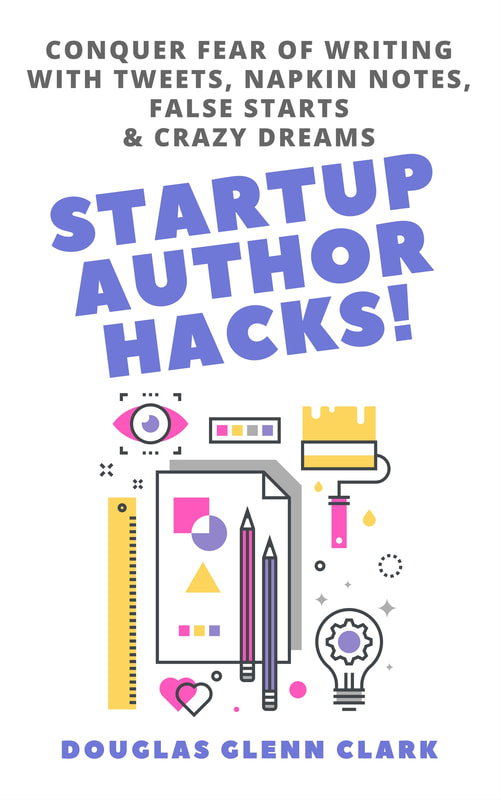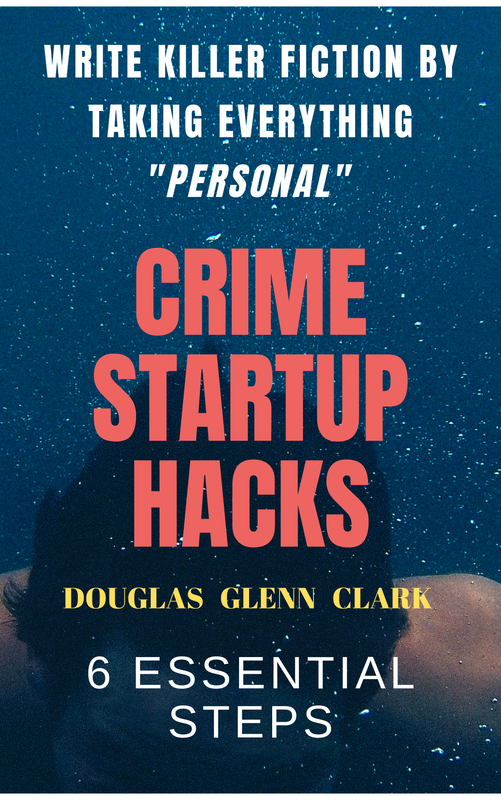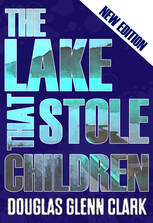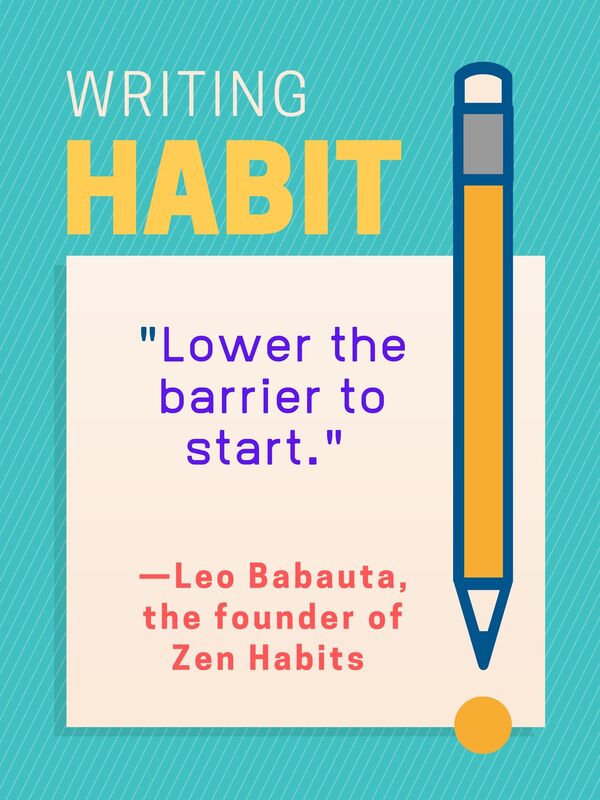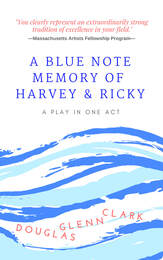|
I opened the window to my second-story office that faces the street and leaned out. Since I live on a block of Brownstone-style residential buildings, it was not uncommon to see Varick sitting near the top of the stoop steps of his next-door residence. “Hey, neighbor, I hope my social distance is appropriate,” I said. He laughed. Varick is a prized acquaintance. He’s mature, smart and I’ve marveled at the way he engages the diverse people of our community. I know if I have a question or concern, he’ll take the time to speak with me. COVID-19 and its impact shaped the core of our conversation. We both confessed that we were taking the threat very seriously. Although we reside in Jersey City in the great state of New Jersey—just over the Hudson River from lower Manhattan— until recently, our professions often took us to the Big Apple, the epicenter of coronavirus in the USA. Varick is an actor who does a lot of voice work, including audio books. I’m a ghostwriter and book coach who spends too much time in his office and therefore relishes meetings in the City. When I expressed my concerns about isolation, Varick was upbeat. “It’s all coming back, man,” he said. “Entertainment, come on, it’s not going away.” The same is true of publishing, self-help books, business nonfiction, memoirs and every other literary genre known to Man. “My friends are using this time to create new content, so they are ready when the tide changes,” Varick added. My neighbor inspired me. While some experienced professional people were hunkered down at home with nothing to do, his actor friends who were also at home would use this time to refresh their website copy and design. And they would update and improve the audio and visual reels that they rely on for virtual auditions. In short, anything and everything that might improve the career prospects of Varick and his entertainment brethren would be reassessed. Their determination to prepare for the future is best expressed in Shakespeare’s Hamlet: “Readiness is all.” Seeing the FutureEveryone else, me included, can take a page from Varick’s playbook. See the future. The COVID-19 pandemic has radically changed our habits, but someday the sun will rise again, and we’ll be left with the challenge of furthering our businesses, dreams and relationships. The book you started but have not yet finished might be revisited now, if you are suddenly at home and wondering what to do with your time. When September rolls around, you’ll be glad you got back on track with your writing. Businessmen and women who are reluctant to spend on services to create a book, webinar script or other types of content s might ask, “How could new visual and written material re-establish my place in my industry?” Get ahead of coronavirus by insisting that something better will replace it. Love that Binds & BelievesLove is often a many splintered thing. As it ages, love is not perfect, nor does it promise a fulfillment of dreams deferred. Yet without it, where are we? Through the years, I have spoken to innumerable people who have confessed, “I’ve always wanted to write.” I’m not knocking that sentiment or putting down anybody for not starting. Through my long career that has included journalism, playwriting, screenwriting, fiction and non-fiction books, even I have gone through difficult passages. No, it wasn’t writer’s block that stopped me from creating content. It was a paralysis that pulsated between disbelief in my future and an ache to justify doing what I love most: Writing my stories. I now help people create their stories, either as a book coach or ghostwriter, and I’ve never worked with a client, who in the end, regretted the process. In most cases, they glowed with gratitude. They could now hold in their hands, a paperback copy of their long-held aspiration. As this pandemic spreads its horror, some might wonder, “What’s the point in writing my life story?” I would say, the operative word is “life.” You’ve lived it, why not share it? Why not honor it? Why not revel in its many shifts, paradoxical layers and even disappointments. In other words, why not insist that your life has been well worth living? Ernest Hemingway once said that any person’s life well told was a novel. I would add, or a memoir, teaching guidebook or inspirational book. Before our conversation ended, I told Varick that I was now two-weeks into my isolation from the woman I love. Her multi-generational family dynamic is strong, I said, and yet very much vulnerable to our modern-day plague. We made the decision to embrace a virtual relationship until the skies cleared and we no longer feared the possibility of transmitting the virus. Varick understood and confessed that the woman in his life—at the urging of family elders—had suggested hosting a dinner. What? He thought. Now? Regardless of his concerns, he’ll attend the gathering while limiting his social contacts elsewhere. And, most importantly, he’ll keep is eye on the prize: The day his industry reboots and surges toward the next big thing.
1 Comment
Times of crisis are meant for expression, not silence. Stories that are candid about personal catastrophe win readers with honesty and emotional depth. By the way, there is also room for joyously sharing knowledge and expertise. 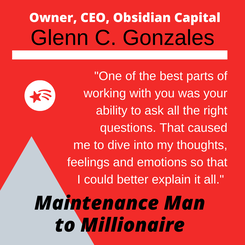 Glenn C. Gonzales weathered serious personal and professional challenges through his career. Like many investors, he and his wife were hit hard by the mortgage crisis in 2008/09. After divesting their material belongings so that they could begin a slow climb out of financial turmoil, the couple confronted a life-and-death health crisis. A modern miracle saved them from that devastation. When Glenn decided to write a book that would be a mix of memoir and financial guidance, he did not shy away from the facts of his life. He willingly expressed the emotional stress he experienced and how his humility and faith guided him as he built a fortune in real estate. Your Book is Unique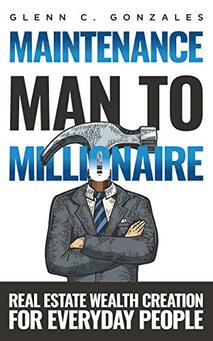 Your book may not include the drama that Glenn endured. Yet who among us has not experienced setbacks and personal challenges? Each of us can look back and recognize turning points, insights and lucky breaks that shaped our progress. When gathering materials for your book, create a timeline for your experiences. But don't limit yourself to dates, jobs descriptions and other resume items. For each main event, delve into what you were feeling at the time. Surface emotions may be quite different from the river of feeling that surges within. Explore. Be honest with yourself before sharing with others. A book coach or ghostwriter can help you with that process simply by asking questions that fill in the blanks. Glenn would often ask for a few days to ponder the questions I asked. "Let me get back to you, Douglas." The time allowed him to explore the depths of disappointment and joy. Don't begrudge yourself the opportunity to delve deeper into your personal history. How to Build Your Table of ContentsMany authors believe outlines will help them write their nonfiction book, novel or screenplay. Certainly that is true. But after gathering the raw material, think in terms of a table of contents (TOC). The TOC is a list of chapters and titles of chapters. After being attracted by your book cover, readers may go to the TOC to determine if the contents are interesting and useful. With that in mind, will the reader be excited to only see "Chapter 1 ... Chapter 2 ..." etc.? No. Titles and short descriptions will win hearts and minds. Titles may be humorous, poetic or make emphatic statements. In any case, they lure us in because they are entertaining or challenging or ignite our curiosity. "Look Inside" @ Amazon Nonfiction Library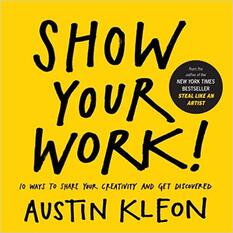 Go to Amazon and search for a few nonfiction books. The "look inside" function will allow you to choose "table of contents." Click and behold. I'm a fan of Austin Kleon's Show Your Work. The book is creative, fun to read and inspiring. His book may be very different from yours, but that's okay. His TOC immediately gives you a taste of his tone and point of view. "A New Way of Operating" is the intro to the chapters that are numbered with titles. Do they amuse or intrigue you? I like #4 and #7: 4. Open Up Your Cabinet of Curiosities 7. Don't Turn Into Human Spam Have a Little FunEven if your book is intended to be a serious work of fiction, drama or a nonfiction self-help, that does not mean you can't enjoy each stage of work.
Arthur Miller's classic play Death of a Salesman is serious and heart-wrenching. Yet in Miller's autobiography Timebends, he reveals that laughter and hilarity were daily staples of the rehearsal process. How could that be? Discovery is joyous. It leads to Story Mapping -- in other words, mapping the path of your book or play or essay, your TOC -- and then there will likely be pleasure in Executing the writing. Why is that a happy time? You finally know where you want to go and how to get there. 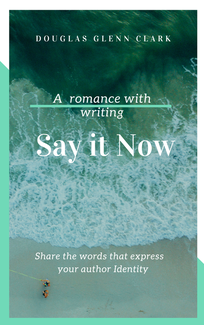 When we're attracted to another person we have become clumsy. We're not sure how much to say or do. We don't want to move too fast, nor lose the opportunity to connect Becoming an author, for some, creates similar anxieties. We doubt, we hesitate and then we criticize ourselves for not starting and flourishing. If you are a startup author who feels resistance to writing, treat your relationship as a romance. Observe your feelings. Objectify the feelings that are stopping you from reaching for a pen. You may expect your writing, or your writing career, to happen all at once. But is that how a deep and lasting relationship develops? Yes, sometimes great relationships begin in a flash. Some artists find their calling in a flash of recognition. They know what they were meant to do and waste no time diving in. That type of romance is not necessarily typical. You may yearn for it, have the best of intentions, and continue to be disappointed. Or you may recognize that becoming an author is a along-term commitment that will gradually bear fruit. If you begin. Start your journey by loving the modest portions of time you have to express your desire to be an author.  "I want to hold your hand" the #Beatles now that's a #startup idea Have a romance with your writing. Swoon. Seduce. Love it. Anticipate the 10-minutes per day you will devote to it, then give your full attention to it with the same fervor you bring to your other passions. And long for it when you must tend to other responsibilities. But here's the thing: When you get the chance to be with your lover, do you hesitate to consummate?  #startup is not a state of mind it is a state of DOING even when not much seems to be working Over the years I have heard so many people say, “I’ve always wanted to write.” Then why don’t they? In the beginning, writing is not art nor is it ready for public consumption. It is a willingness to try, to fail, and to risk that you might discover that you are not a writer. (Don’t believe it. The greatest writers of any age have had doubts. And then they pulled out their pen, pencil or laptop … and started again.) More to the point, when you are with your lover do you think about your lover? No, you finally have the opportunity to express what you are feeling. You engage. Writing is no different. 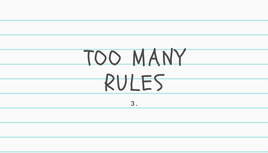 too many rules you don’t live anymore, #startup when you have too many rules My French waiter said as much one day when the restaurant was too hot. So, he opened the front door to a noisy, sunny street and welcomed a soothing breeze. He had broken a rule. The owner insisted that the entrance be closed so that customers were not annoyed by flies. The waiter was incredulous. “When you go on a picnic you never experience fly?” Dear startup author, break a rule—but always write, no matter what the “boss” says. After all, when you have the chance to write, it is no different than having private time with your lover. Engage. |
Startup Archives
April 2020
Categories |




